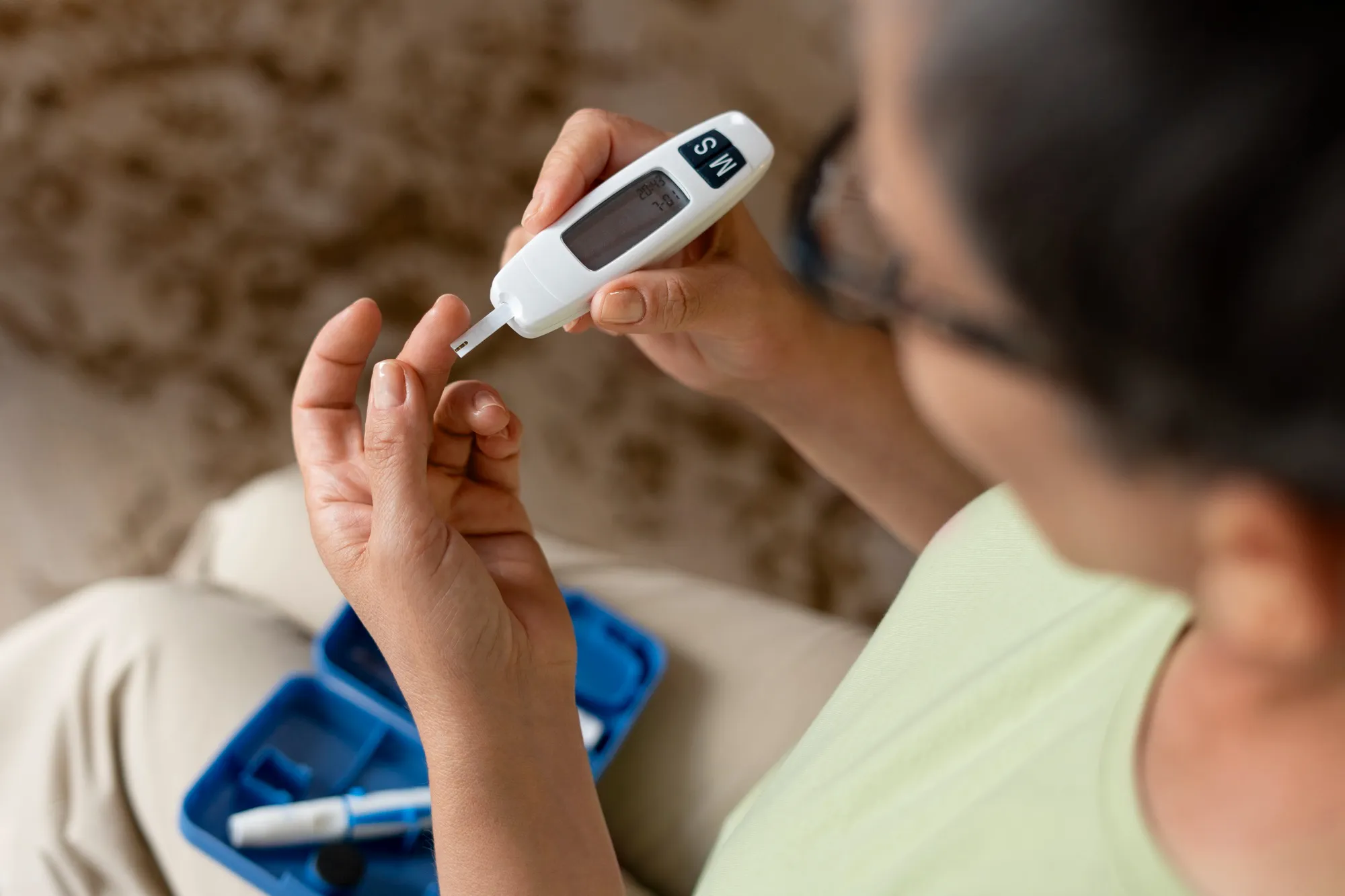Introduction
Gastric adenocarcinoma, a leading cause of cancer-related deaths worldwide, has closely been linked to lifestyle and dietary factors. However, the impact of prediabetes and diabetes on the risk of developing this malignancy has been a topic of interest and debate among researchers. A comprehensive cohort study conducted in Northern Sweden sheds new light on this topic, revealing some unexpected findings.
The Study in Focus
Published in the “British Journal of Cancer” (Br J Cancer) in June 2019, the study titled “Prediabetes and diabetes in relation to risk of gastric adenocarcinoma” examined a group of 111,198 participants from the Northern Swedish Health and Disease Study. Participants were followed from November 1985 to April 2017, during which time the incidences of gastric adenocarcinoma were recorded and analyzed in relation to prediabetes and diabetes.
Methodology and Findings
The study’s lead researchers, including Jiaojiao Zheng and Martin Rutegård, employed multivariable Cox regressions to adjust for sex, age, calendar year, body mass index (BMI), tobacco smoking, and education level. The primary outcome measured was the incidence of gastric adenocarcinoma, with data gathered from the Swedish Cancer Registry. The findings were enlightening: the risk of gastric adenocarcinoma was not considerably elevated among individuals with prediabetes or diabetes. Specifically, compared with normoglycemic participants, those with prediabetes had a hazard ratio (HR) of 1.07 (95% CI 0.79-1.44), those with diabetes had an HR of 0.77 (95% CI 0.46-1.29), and those with any of these conditions had an HR of 0.96 (95% CI 0.73-1.27). Stratified analyses and separate assessments for cardia and non-cardia gastric adenocarcinoma also did not reveal any significant associations.
Discussion and Implications
The study’s results depart from previous research positing a correlation between diabetes and increased cancer risk. For instance, a meta-analysis published in “Diabetologia” suggested that prediabetes might come with an increased risk of cancer, including gastric malignancies (Huang et al., 2014). However, the Swedish cohort study suggests that prediabetes and diabetes do not significantly contribute to the risk of gastric adenocarcinoma. Such insights are vital as they can alter the approach towards risk assessment and targeted prevention in diabetic patients.
Contrasting Evidence and the Current Understanding
Research preceding this study presented mixed results. For example, a previous study indicated that diabetes might increase the risk of gastric cancer (Chen et al., 2013). Moreover, hyperglycemic conditions were theorized to impact gastric mucosal atrophy, which could be implicated in the pathogenesis of gastric cancer (Kawamura et al., 2002). Meanwhile, continued research into the bacterium Helicobacter pylori, a well-known risk factor for gastric cancer, suggested intricate relationships between glucose metabolism disorders and gastric mucosal health (Ražuka-Ebela et al., 2018).
Study Limitations and Further Research
Despite its large scale, the study has limitations, including its observational nature, which precludes inferring causation. Also, while adjustments were made for various confounders, unmeasured or residual confounding could still play a role. Going forward, further studies are needed to substantiate these findings and explore the mechanisms that could underpin the observed lack of association.
Conclusion
This comprehensive cohort study not does support the hypothesis that prediabetes or diabetes increases the risk of gastric adenocarcinoma. Its findings add to a diverse and sometimes conflicting body of research, underscoring the need for ongoing investigation into the complex interplay between metabolic disorders and cancer risk.
Key Takeaways for Practitioners
Healthcare practitioners should note these findings but remain vigilant in monitoring diabetic patients, given the plethora of other health risks associated with diabetes. Importantly, patient education on regular screenings and maintaining a healthy lifestyle should continue unabated.
Keywords
1. Gastric Adenocarcinoma
2. Diabetes and Cancer Risk
3. Prediabetes
4. Cohort Study
5. Oncology Research
References
1. Zheng, J., et al. (2019). Prediabetes and diabetes in relation to risk of gastric adenocarcinoma. British Journal of Cancer, 120(12), 1147-1152. DOI: 10.1038/s41416-019-0470-1
2. Huang, Y., et al. (2014). Prediabetes and the risk of cancer: a meta-analysis. Diabetologia, 57(11), 2261-2269. DOI: 10.1007/s00125-014-3361-2
3. Chen, Y. L., et al. (2013). Diabetes and risk of subsequent gastric cancer: a population-based cohort study in Taiwan. Gastric Cancer, 16(3), 389-396. DOI: 10.1007/s10120-012-0197-7
4. Kawamura, A., et al. (2002). Hyperglycemia and gastric mucosal atrophy. American Journal of Gastroenterology, 97(11), 2479-2480. DOI: 10.1111/j.1572-0241.2002.06017.x
5. Ražuka-Ebela, D., et al. (2018). Helicobacter pylori and extragastric diseases. Helicobacter, 23(S1), e12520. DOI: 10.1111/hel.12520
